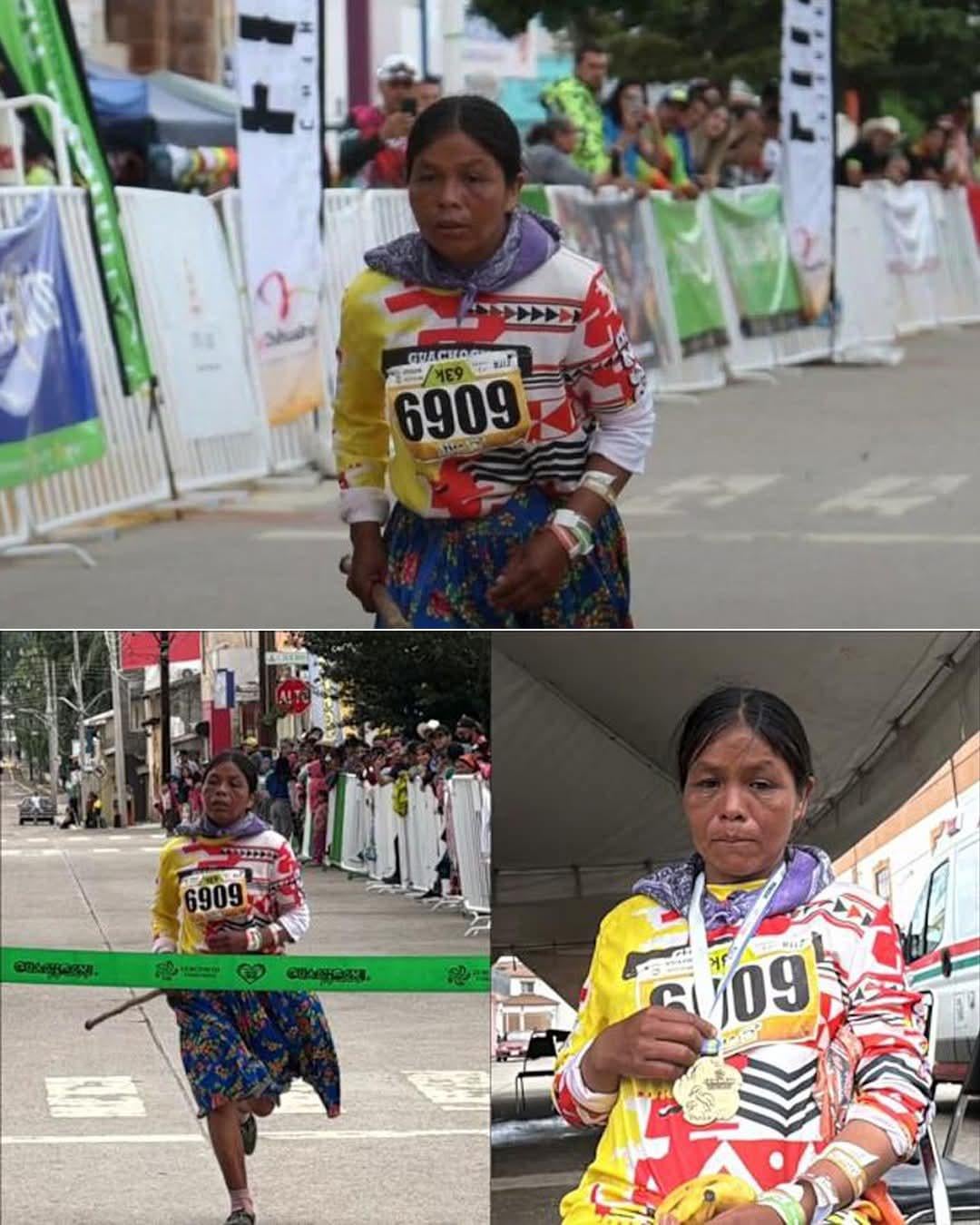Silence isn’t just peaceful — it may actually be regenerative. A 2013 Duke University study revealed that spending just two hours a day in complete silence can stimulate the growth of new brain cells in the hippocampus, the brain region tied to memory, learning, and emotional regulation. The researchers were stunned to find that silence outperformed all other stimuli, including music and ambient sound, in promoting neurogenesis.
This suggests that the mind thrives when it’s not overstimulated. In those quiet hours, the brain enters what's called the “default mode network,” a powerful internal system that activates during rest, allowing for memory consolidation and mental recovery. In an increasingly noisy world, this discovery is a reminder that stillness isn’t just soothing — it might be one of the brain’s best healing tools.
#Neurogenesis #BrainHealth #SilenceTherapy #MentalWellness #MemoryBoostSilence isn’t just peaceful — it may actually be regenerative. A 2013 Duke University study revealed that spending just two hours a day in complete silence can stimulate the growth of new brain cells in the hippocampus, the brain region tied to memory, learning, and emotional regulation. The researchers were stunned to find that silence outperformed all other stimuli, including music and ambient sound, in promoting neurogenesis.
This suggests that the mind thrives when it’s not overstimulated. In those quiet hours, the brain enters what's called the “default mode network,” a powerful internal system that activates during rest, allowing for memory consolidation and mental recovery. In an increasingly noisy world, this discovery is a reminder that stillness isn’t just soothing — it might be one of the brain’s best healing tools.
#Neurogenesis #BrainHealth #SilenceTherapy #MentalWellness #MemoryBoost









